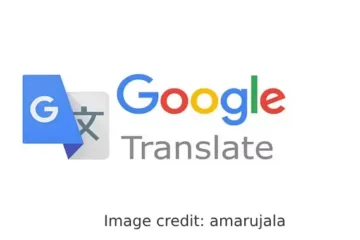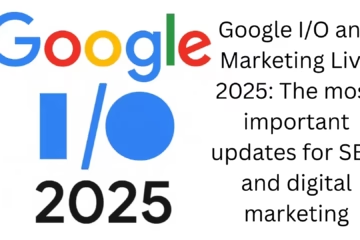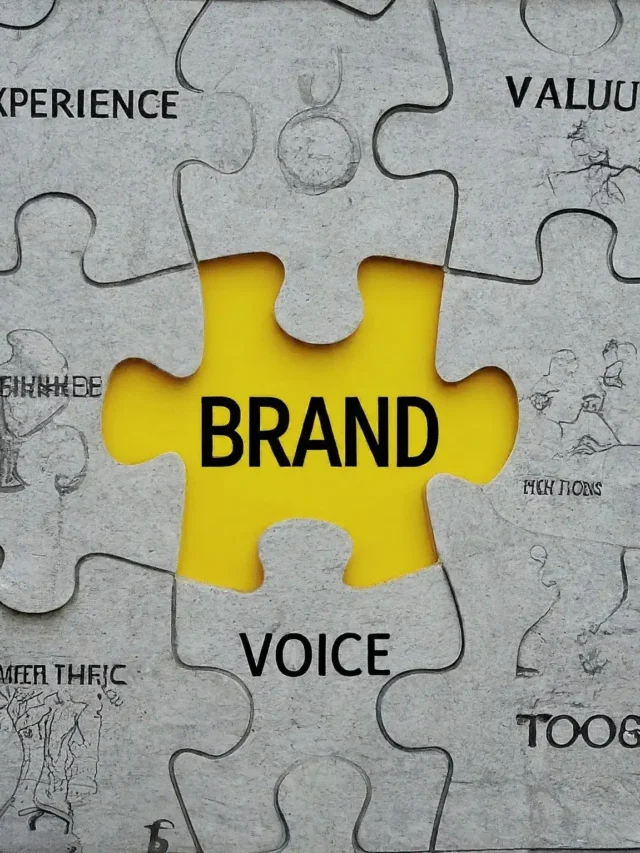Every day, people turn to search to find the best things available on the web. Google has long-standing policies and automated systems in place to fight spammers, and Google responds to emerging tactics that try to skew our results with low-quality content. Google regularly updates those policies and systems to effectively deal with these trends so that Google can continue to provide useful content and connect people to high-quality websites.
Today Google is announcing major changes Google are making to improve the quality of search and the helpfulness of your results:
Better quality rankings: Google is making algorithmic enhancements to our core ranking system to ensure they can present the most useful information on the web and reduce unrealistic content in search results.
New and improved spam policies: Google is updating our spam policies to keep the lowest quality content out of search, such as expired websites repurposed as spam repositories by new owners and obituary spam.3
Reducing low-quality, inauthentic results
In 2022, began tuning our ranking system to reduce useless, inauthentic content on search and place it much lower. Google bringing what they learned from that work into the main update for March 2024.
This update includes refining some of our core ranking systems to help us better understand whether webpages are unusable, have a poor user experience, or feel like they were built for search engines rather than people. Are. This may include sites created primarily to match very specific search queries.
Google believes these updates will reduce the amount of low-quality content on searches and drive more traffic to useful and high-quality sites. Based on our assessment, they expect that the combination of this update and our previous efforts will collectively reduce low-quality, unrealistic content in search results by 40%.
Keeping more spam out of your results
For decades, Google has relied on advanced spam-fighting systems and spam policies to prevent low-quality content from appearing in search results – and that continues to work.
Google is making several updates to our spam policies to better address new and evolving abusive practices that cause unrealistic, low-quality content to appear on searches. Google will take action against more such manipulative behaviors from today. While our ranking system prevents many types of low-quality content from ranking high on searches, these updates allow us to take more targeted action under our spam policies.
Misuse of scaled material
Google has a long-standing policy against using automation to massively generate low-quality or non-original content to manipulate search rankings. This policy was originally designed to address instances of mass-generated content where it was clear that automation was involved.
Modern scaled content generation techniques are more advanced, and it’s not always obvious if content is produced fully automatically. To better address these techniques, Google is strengthening our policy to focus on this abusive behavior – the mass production of content to boost search rankings – whether involving automation, humans, or a combination. yes. This will allow us to take action on more types of content that have little or no value at scale, such as pages that pretend to answer popular searches but fail to deliver useful content.
Abuse of site reputation
Sometimes, websites that have excellent content may also host low-quality content provided by third parties to capitalize on the strong reputation of the hosting site. For example, a third party may publish payday loan reviews on a trusted educational website to gain ranking benefits from the site. Excessive ranking of such content on search can confuse or mislead visitors who may have significantly different expectations of a website’s content.
Very low-value third-party content produced just for search engine rankings and without the website owner’s permission will henceforth be regarded by Google as spam. Google is publishing this policy two months before it goes into effect on May 5, to give site owners time to make any necessary changes.
End domain abuse
Sometimes, expired domains are purchased and reused with the primary purpose of boosting the search rankings of low-quality or unrealistic content. This may mislead users into thinking that the new content is part of the old site, which may not be true. Expired domains purchased and reused to boost search rankings for poor-quality content are now considered spam.
Search helps people with billions of queries daily, but There will always be areas where Google can improve. We’ll continue to work hard to keep low-quality content down on Search and show more information designed to help people.
Blog Credit:- Google












